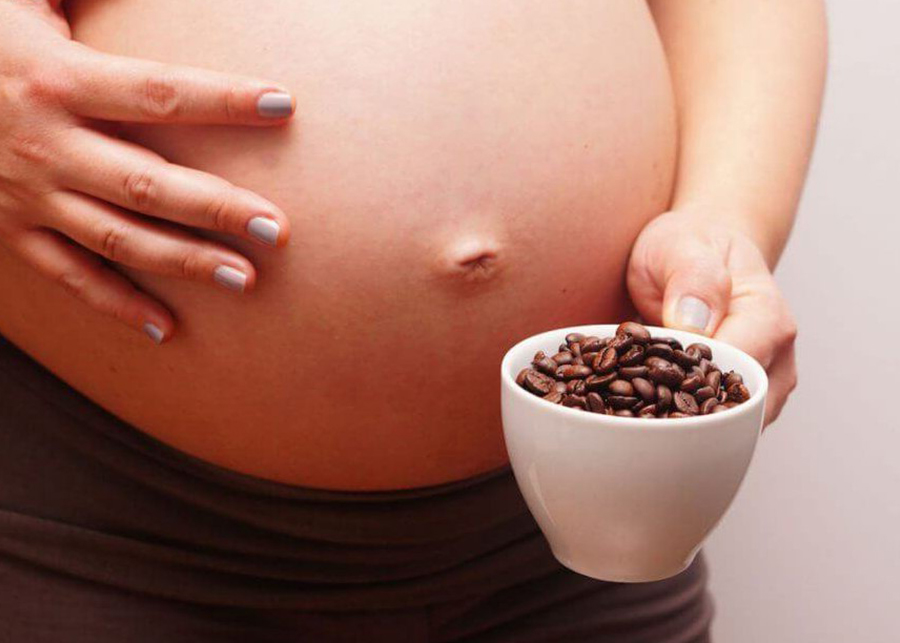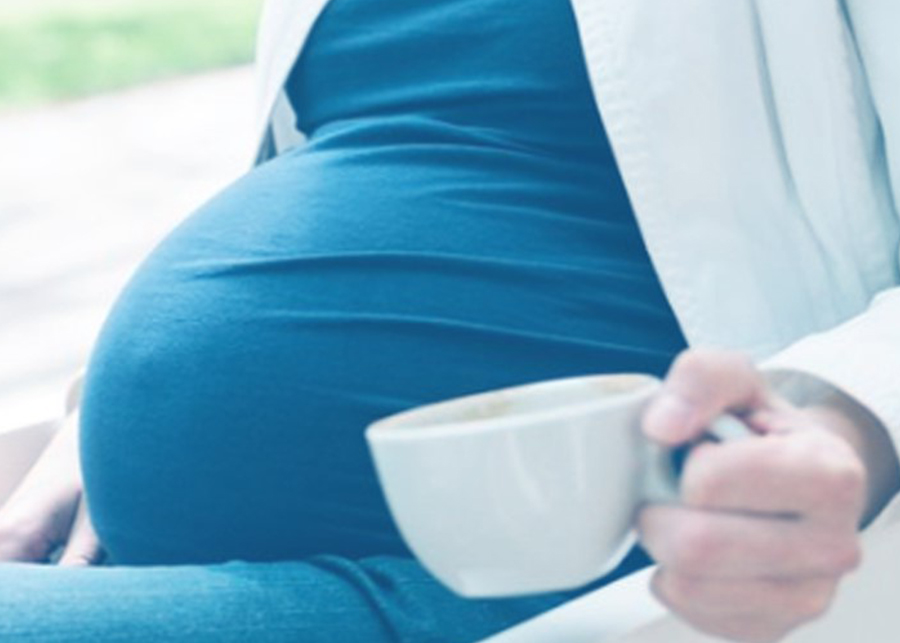Can a pregnant woman drink coffee while pregnant? You may wonder if you can drink coffee while pregnant, but you must limit your caffeine intake. The caffeine in coffee will affect both you and your baby. The American College of Obstetricians and Gynecologists recommend that women consume less than 200 milligrams of caffeine a day. This is equivalent to one 8-ounce cup of coffee.
You may wonder if you can drink coffee while pregnant, but you must limit your caffeine intake. The caffeine in coffee will affect both you and your baby. The American College of Obstetricians and Gynecologists recommend that women consume less than 200 milligrams of caffeine a day. This is equivalent to one 8-ounce cup of coffee.

Limiting caffeine intake to less than 200 mg per day
Despite the health benefits of caffeine, it’s not recommended for pregnant women to consume more than 200 milligrams a day. According to the American College of Obstetrics and Gynecologists and the March of Dimes, caffeine intake can cause problems for the unborn baby. Experts also warn that high levels of caffeine during pregnancy may cause preterm labor, low birth weight, and low birth weight.
Although studies on caffeine and miscarriage were conducted using large study populations, the results were not consistent. This discrepancy may be due to different research designs, study populations, and issues related to statistical power. The mixed results from the two studies make it impossible to make a definitive recommendation regarding the safe limit for caffeine intake during pregnancy. Despite the conflicting results, most experts agree that moderate caffeine intake during pregnancy is safe. However, consumption of more than 200 milligrams a day may increase the risk of miscarriage.
Effects of caffeine on fetus
A recent review found that caffeine consumption during pregnancy is associated with negative outcomes for the fetus. The effects of caffeine during pregnancy may be more pronounced in later pregnancy stages because the body’s ability to break down caffeine slows down. This means that higher amounts of caffeine reach the fetus, crossing the placenta in the process. Moreover, the baby cannot process caffeine well until it crosses the placenta.
In addition, the effects of caffeine on fetal brain development have not been determined in large scale studies. This may be due to the difficulty of separating caffeine’s effect from other factors. Some of these factors include nutrition, stress, and drug use.
Effects of caffeine on baby’s sleep
Research has suggested that moderate consumption of caffeine can have beneficial effects on the infant’s sleep. However, the researchers are not sure whether large amounts of caffeine are harmful to the infant. Caffeine intake during pregnancy is roughly equivalent to the amount found in one 12-ounce cup of coffee.
While there is no firm evidence linking caffeine consumption to birth defects, some studies show that it may affect the brain development of the unborn child. Some
research also shows that caffeine during pregnancy may alter important neural pathways in the child and affect behavioral characteristics. Scientists at the Del Monte Institute for Neuroscience analyzed thousands of brain scans of nine and ten-year-olds and found that the children who were exposed to caffeine during pregnancy showed significant structural changes in their brains. These changes were most noticeable in the white matter tracks that form connections between the various brain regions.
Effects of caffeine on mother’s nutritional status
While pregnant, caffeine consumption is generally safe. However, caffeine consumption during pregnancy may affect the nutritional status of the baby. Preterm and newborn infants digest caffeine at a slower rate than older infants. It is therefore important for pregnant women to reduce their caffeine intake while breastfeeding. The CDC has more information about breastfeeding and caffeine.

To determine the effects of caffeine during pregnancy, researchers used two methods. First, they used a case-control study. In this study, women were grouped based on the number of cups of coffee, tea, or caffeinated soft drinks they consumed before pregnancy. Second, caffeine intake was measured at gestational weeks 17 and 30 of pregnancy. These measures were adjusted for the women’s pre-pregnancy weight, which was 65 kg. This method is common in studies of the health effects of toxins.
Effects of caffeine on baby’s weight
Several studies have examined the effects of caffeine on the weight of the fetus. In one, researchers found that pregnant women who drank up to half a cup of coffee a day were likely to have a smaller baby compared to those who didn’t drink coffee.
However, the effect was inconsistent with smoking and dose. In another, Peacock and colleagues (17) found that increased caffeine consumption during pregnancy increased the risk of low birth weight.
Research suggests that caffeine consumption during pregnancy is linked to low birth weight, increased gestational length, and increased risk of childhood obesity. Because caffeine crosses the placenta, it may reduce blood flow to the developing fetus. Also, it may alter fetal stress hormones, which can put infants at risk for developing cardiovascular disease, obesity, and diabetes. However, moderate consumption is not associated with adverse outcomes such as miscarriage, low birth weight, or IUGR. In fact, midwives generally approve of moderate caffeine consumption during pregnancy.





